The last time you traveled, did you feel bad about the waste you left behind in terms of carbon dioxide while driving, or plastic you bought and disposed of in a country that is already littered? How do you feel about the people and communities you meet while exploring a new country? How does your traveling affect them?
These are questions that arise more and more often and have become a seriously debatable topic amongst constant travelers and green-goers. Traveling anywhere, by any means, will always leave footprints, its inevitable. But these footprints can be reduced to assist and help the country and its people to benefit from your visit. Socially conscious travelling is a travel trend, shared by mostly the millenial generation. It is the act of not only taking in experiences and making memories in a foreign part of the world, but also giving back and leaving the world behind better than how we found it.
“Companies that are advocates for ethical travel don't want tourists to stop having fun, they just want them to think about how they're spending their time and money.“ Diane Daniel, who wrote a blogpost on socially conscious travelling for the Washington Post said that is is critical to realize that when you're visiting someone's country, you're visiting their home, so bring the sensitivity and awareness that you would bring to anyone's home."That means, that travellers should focus on developing a broader perspective on the world and adapt values such as open mindedness to new experiences, sustainable living habits, respect and tolerance for cultures, and appreciation towards nature.
The more tourists and traveller visit a country, the more that country has to maintain and improve efforts to provide the necessary infrastructure, road updates, medical facilities, and security implementations in a country. To be able to travel is a privilege many are not aware of. We should start taking more responsibility.
The first step towards travelling „lighter“ and more socially conscious, is to do thorough research about the country you want to travel in. This entails cultures and rules, education on water conversation, crime rates, farming methods, carbon footprints, and local productions. Educate yourself on alternative travel methods, political stability, and be vigilent while you explore, but don’t be paranoid. Shop locally and always be kind, you are a guest.
To travel sustainably means to leave a place better than it was found. Operations Groundswil, a travel company in Guatemala, focuses on sustainable tourism and offers travellers to join their „backpactism“, whereby a group of backpackers travel to local places, untouched by tourists, and build schools or plant trees. The benefit of that? They have the opportunity to explore a culture firsthand, while living with a tribe and getting to know their ways of living. An unforgettable and intimate experience. Other volunteer projects include supporting animal sancturies and cleaning up beaches – Leaving the country you visit better than when you arrived.
Another trending term is mindful travelling, and it points towards the same concept: Awareness wherever you go and to understand the impact that you are leaving on the country that you are visiting.
Mass tourism discourages travellers from having authentic experiences, so stay at local accommodation facilities, where locals are empowered and earn an income. Destinatortravel, a blog about green traveling states that unaware tourists cause damage, not taking local issues into considerations such as droughts and high inflations.
Out of all the traveller, millenials are the most socially conscious travellers, demographically. Mia Taylor from Travel Pulse says that 86% of the travelers below 29 years of age prioritise booking sustainable and environmental friendly travel options, as they see great personal value in being aware and adapting to both sociatal and environmental issues in the country they explore. Socially conscious travelling is declared to be the uprising hot luxury travel trend of 2020. And with that, no material luxuary is ment, as there is no greater luxuary than personal fulfillment. And don’t we all feel better and sleep more sound at night knowing we did good and experienced greatness?
People want meaning and purpose and in a world of media and hyped-up political issues, true wellness for the soul is to contribute to important matters like human rights and sustaining communities in disadvantaged countries. Self-discovery is the motivating factor here, and the best way to do that is to step out of your comfort zone and to go out of your way for someone you don’t know. We, as humans, want to feel like we are doing the right thing. It makes us happy.
So how can we apply this to Namibia? How can we encourage others, and ourselves, to travel more socially conscious, more sustainably? Choose traveling companies that empower their staff members and that give locals a chance to experience the magic of their own country just as much as foreign travellers.
Yes, travelling and staying at lodges is not cheap, but if you do your research and invest in opportunities, such as the Gondwana Collection Card, you save money as a local traveller and don’t have to miss out on seeing your own country. Gondwana Collection Namibia has a couple of initiatives that encourage locals and foreign travellers to engage with the community and to immerse in them culturally. Some of them are the ItsUp2Us campaign, through which employees and Namibians in general are encouraged to take care of the environment and to pick up the waste that is left behind.
Their lodges all over the country are engaged in sustainability, be it from solar energy to home grown gardens, sand bag infrastructure, and self-sustaining building projects, to sponsoring meals to the less fortunate and implementing waste management through recycling.
Guided tours through a traditional himba village near the Omarunga Epupa-Falls Camp offer visitors a two-way cultural experience, insightful education, and personalized memories that will last and make an impact, as visitors are required to present presents and goods such as food to the village members as a sign of respect and appreciation.
Socially Conscious Travel doesn’t mean that you shouldn’t visit these places. It means doing so in a way in which your visit could have a positive impact or add benefit to the people, places, and cultures you visit. Marissa Miller from MIC says that it is about connecting with a place, the community and people, and genuinely doing something purposeful.
Because in the year of 2020 where we anything is possible, let’s take care of the world we live in.
How will you make a positive impact on your next travel? Let us know in the comment sections below.
Author – Hi! I am Elke, a born and raised German-Namibian. I love to travel around and explore different cultures and places, but my home country always magically draws me back home again. Oh, and if it involves food, count me in on the adventure.

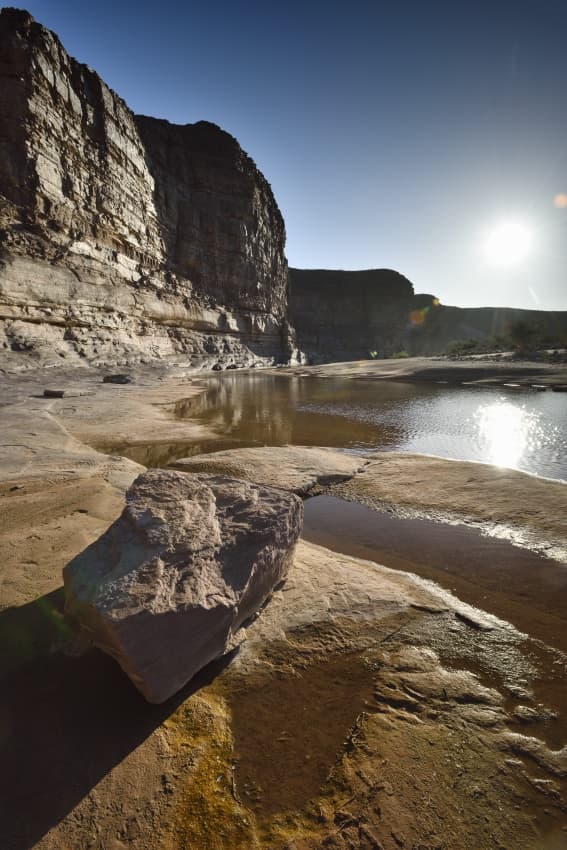
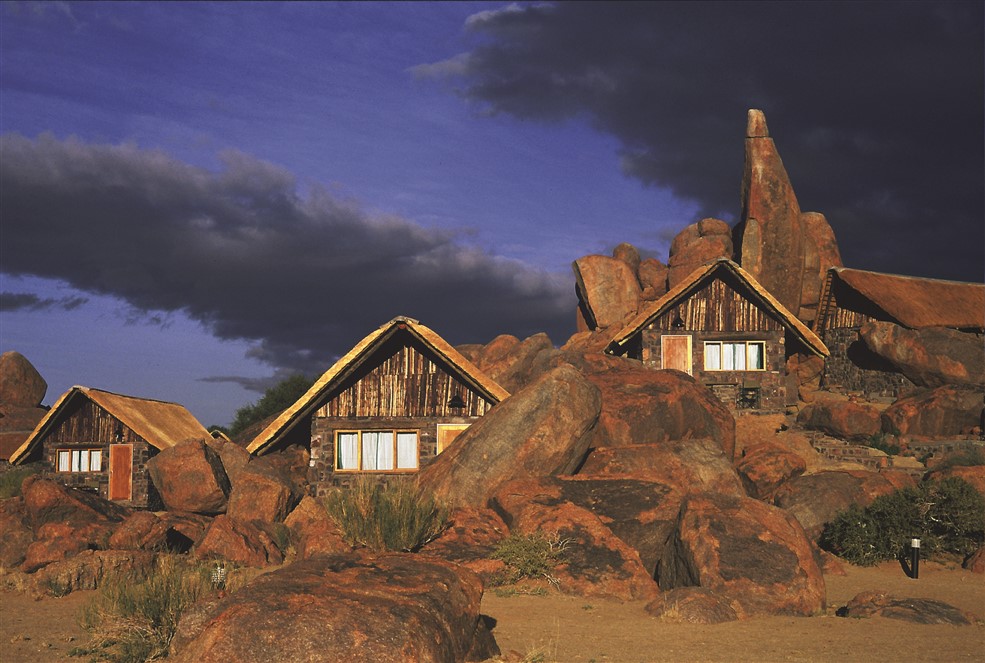
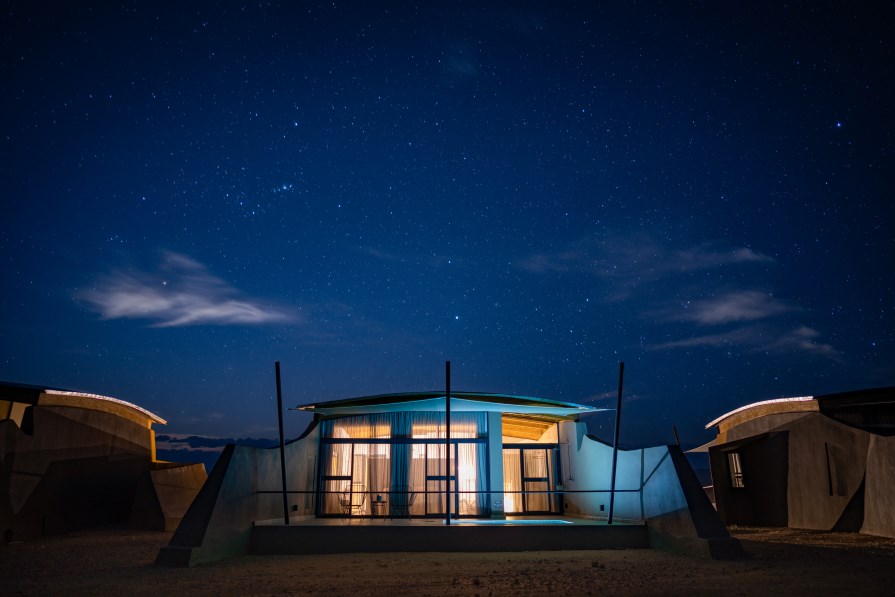
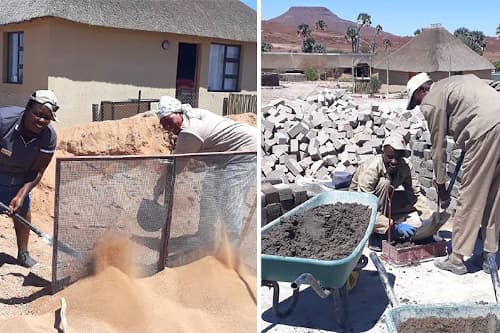
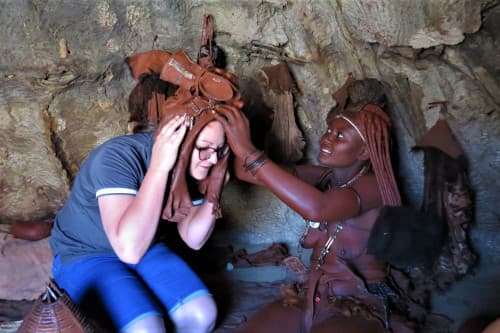

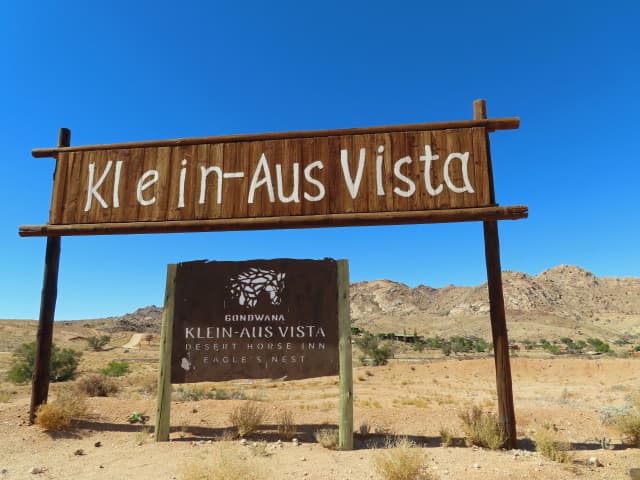
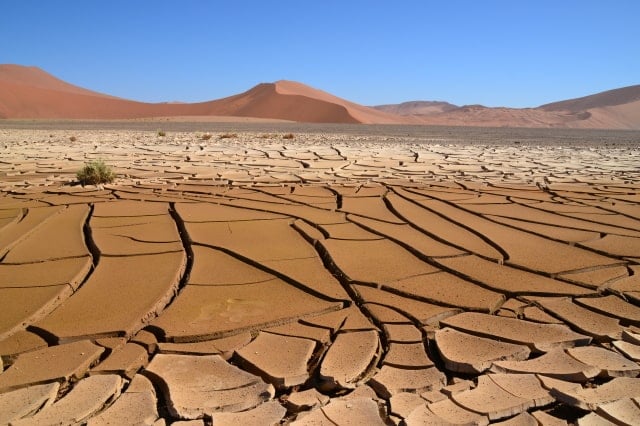

SUBMIT YOUR COMMENT